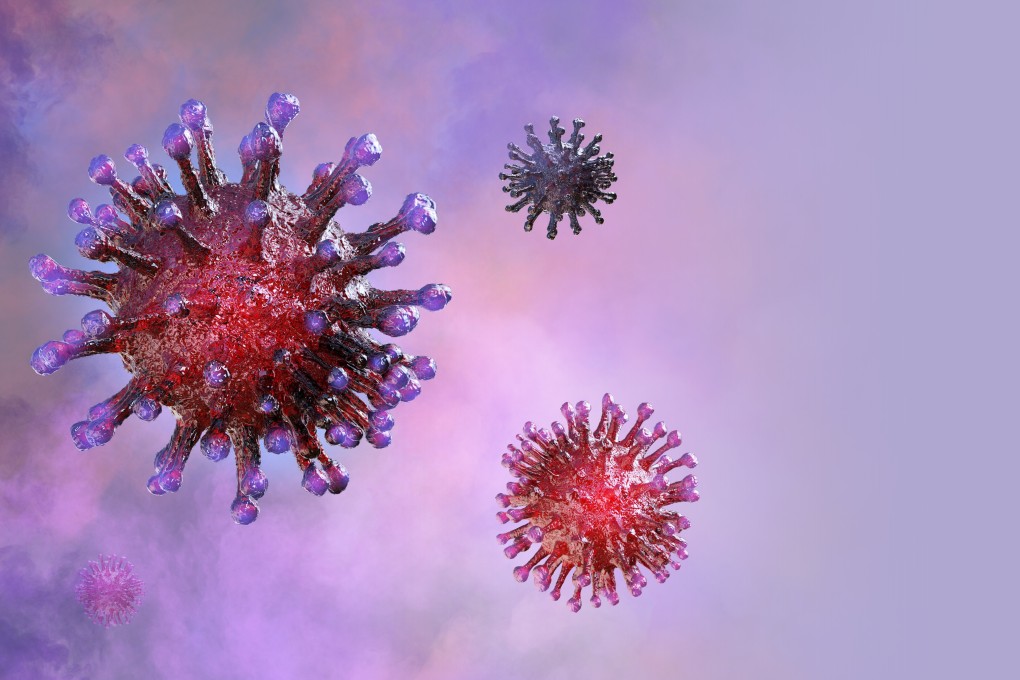Jury still out on lab-leak Covid-19 origins, researchers say in Lancet letter
- Signatories call for further investigation of controversial theory and say there is not enough evidence yet to support the natural origins hypothesis
- The host pathway from bats to humans has not been identified, they say

The letter was signed by 16 virologists, biologists and biosecurity specialists.
“Research-related hypotheses are not misinformation or conjecture,” they said. “Scientific journals should open their columns to in-depth analyses of all hypotheses.”
The group also referred to the theory as a “research-related incident” that could include researchers becoming infected while collecting bat coronaviruses in the field or on the way to a lab.
Four co-authors who wrote the first draft of the letter told the South China Morning Post in a joint statement that it was in China’s interest to explore all possible pathways by which Sars-CoV-2 could have made the jump from animals to humans.
“China, like the rest of the world, should implement the necessary scientific means to resolve this issue [of the origins of Covid-19], as no country has an interest in the emergence of new epidemics,” they said.